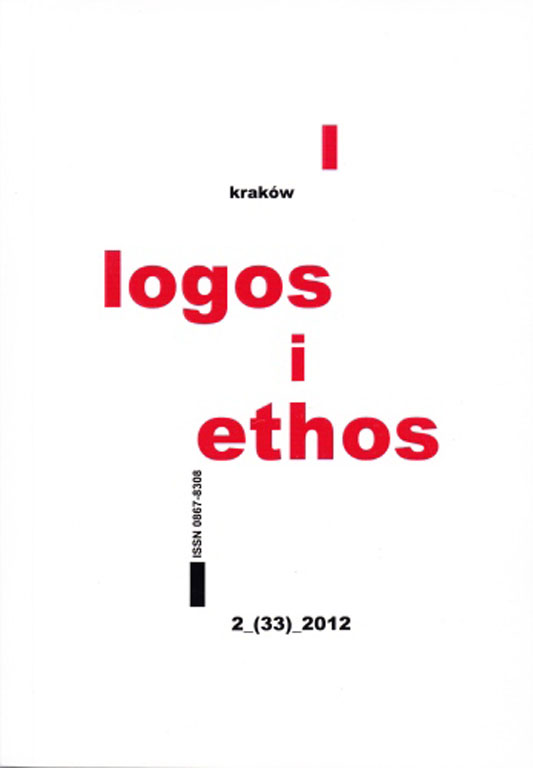Filozoficzno-przyrodnicza koncepcja cudu u Gottfrieda Wilhelma Leibniza i Samuela Clarke’a
DOI:
https://doi.org/10.15633/lie.183Abstrakt
Clarke’s primary interest in miracles centered around proving that their occurrence provides evidence for the truth of Christianity. He tried to show their possibility by appealing to a system that emphasizes the role of a libertarian divine will and direct divine intervention in the ordinary course of nature, denies activity to matter, and claims that basic forces that keep the world together are the effect of continual spiritual activity. As a result, properly speaking, natural laws govern the divine will not matter, to which they are therefore extrinsic. By contrast, Leibniz’s interest in miracles centered around their use against models of reality that made natural laws extrinsic to the nature of bodies. Such models, he thought, would lead to a diminished view of God and, by being associated with incorrect views on substance, could open the door to a materialist view of the mind.Pobrania
Opublikowane
2012-11-30
Numer
Dział
Artykuły
Licencja
Prawa autorskie (c) 2012 Daniel Bubula

Utwór dostępny jest na licencji Creative Commons Uznanie autorstwa 4.0 Międzynarodowe.
Autorzy publikujący w czasopiśmie udzielają jego wydawcy zgody o następującej treści:
- Autor zachowuje autorskie prawa majątkowe do utworu, a jednocześnie udziela wydawcy czasopisma zgody na jego pierwszą publikację w wersji drukowanej i wersji online na licencji Creative Commons Uznanie autorstwa 4.0 Międzynarodowe oraz zgody na wykonywanie opracowań, w tym przekładów.
- Autor ma możliwość udzielania zgody niewyłącznej na opublikowanie utworu w wersji, która ukazała się w czasopiśmie (np. zamieszczenia go w repozytorium instytucjonalnym lub opublikowania w książce), wraz z informacją o jego pierwszej publikacji w czasopiśmie.
- Autor może umieścić swój utwór online (np. w repozytorium instytucjonalnym lub na swojej stronie internetowej) jeszcze przed zgłoszeniem utworu do czasopisma.

